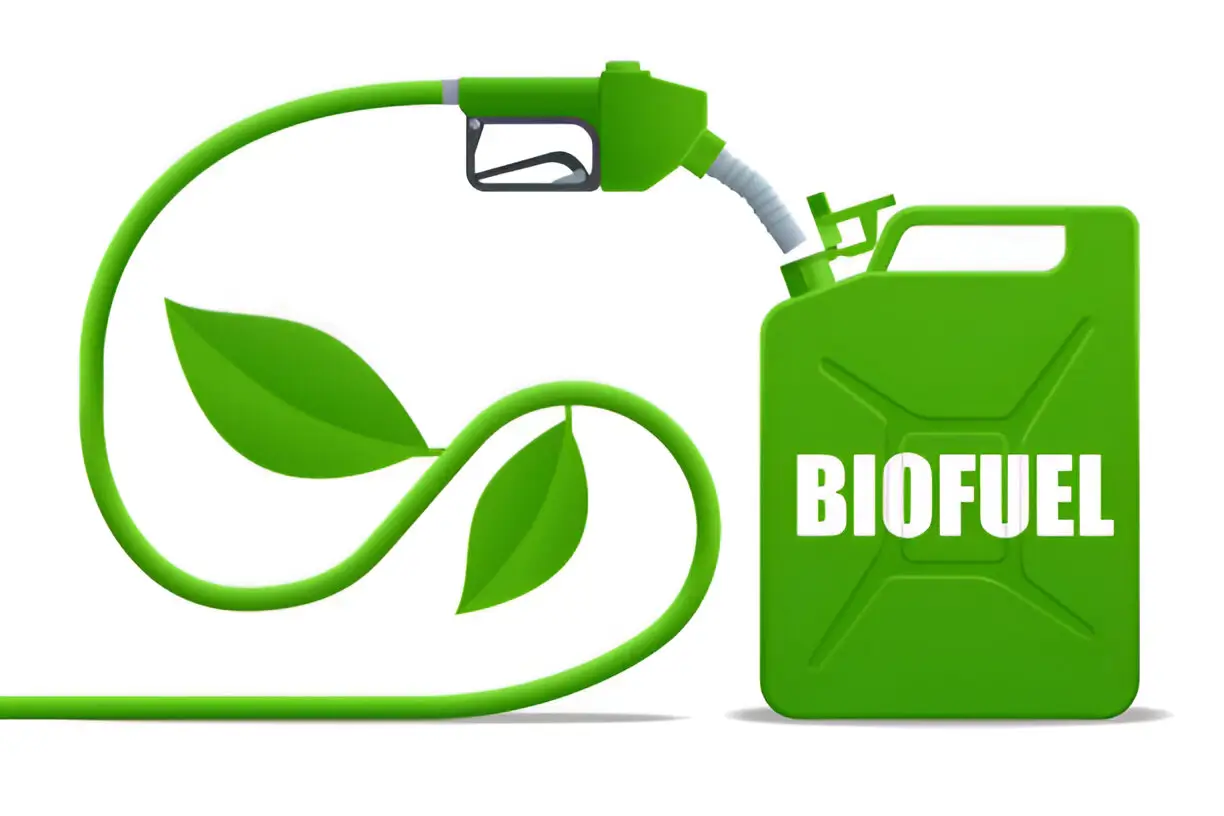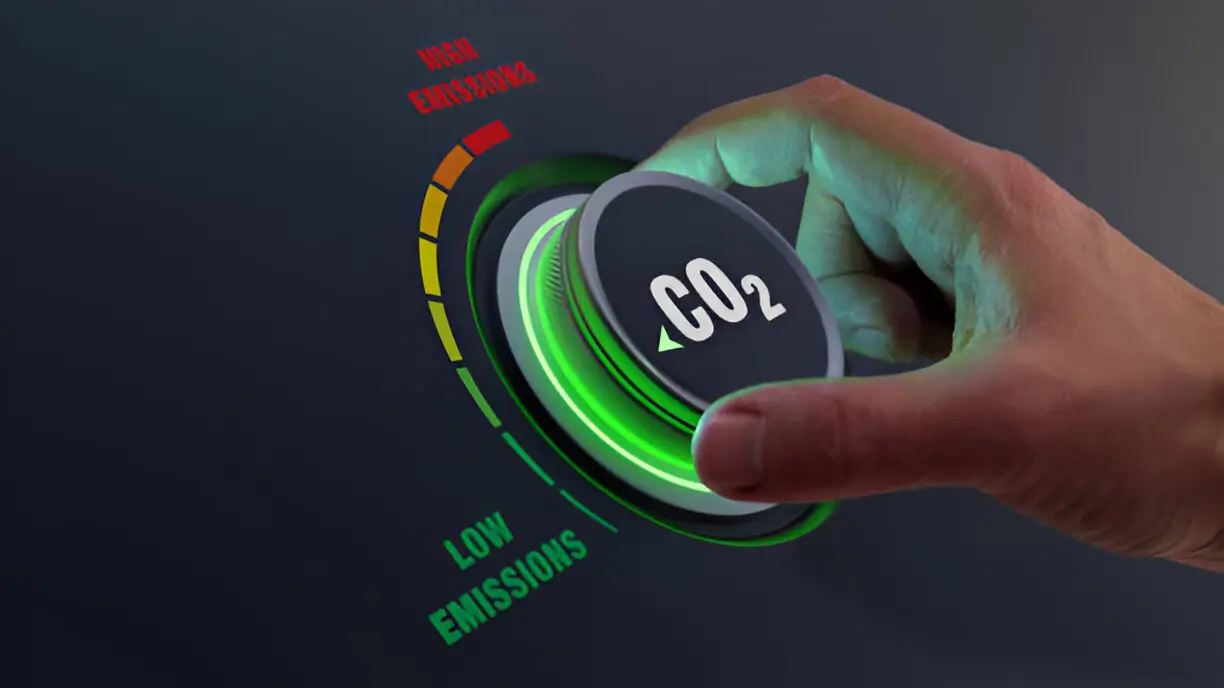They burn cleaner than traditional fuels, producing fewer harmful pollutants like sulfur and particulate matter.
Mr Behzad Rezaee
Biofuels, derived from organic materials like plants, algae, and animal waste, are gaining prominence as a cleaner alternative to traditional fossil fuels. Unlike oil, coal, and natural gas, biofuels are renewable, meaning they can be replenished naturally over time, helping reduce our dependence on finite resources. The most common types of biofuels include ethanol, biodiesel, and biogas, which can power vehicles, industries, and homes.

One of the main advantages of biofuels is their ability to reduce carbon emissions. When biofuels are burned, the CO2 released is part of the natural carbon cycle, as plants absorb CO2 during their growth. This makes biofuels carbon-neutral, unlike fossil fuels, which release stored carbon from millions of years ago. As a result, biofuels can significantly lower greenhouse gas emissions and combat climate change.
Additionally, biofuels help reduce air pollution. They burn cleaner than traditional fuels, producing fewer harmful pollutants like sulfur and particulate matter. This can lead to improved air quality, especially in urban areas where vehicle emissions are a major source of pollution.
It can be locally produced
Biofuels also promote energy security by diversifying the sources of energy and reducing dependence on oil imports. They can be locally produced, creating jobs and boosting local economies, especially in rural areas where raw materials for biofuel production are abundant.
However, there are challenges associated with biofuels, such as land use and food security concerns. Large-scale biofuel production can compete with food crops for land and water, raising ethical and environmental questions. Despite these challenges, with ongoing technological advancements, biofuels hold the potential to play a significant role in the transition to a sustainable energy future.
- Renewable and Sustainable
- Lower Greenhouse Gas Emissions
- Reduced Air Pollution
- Energy Security and Independence
- Economic and Job Creation
enhancing energy security, and cleaner air
In conclusion, biofuels offer a promising alternative to fossil fuels by reducing emissions, enhancing energy security, and promoting cleaner air. Their development, however, needs to be balanced with careful consideration of ecological and social impacts.




